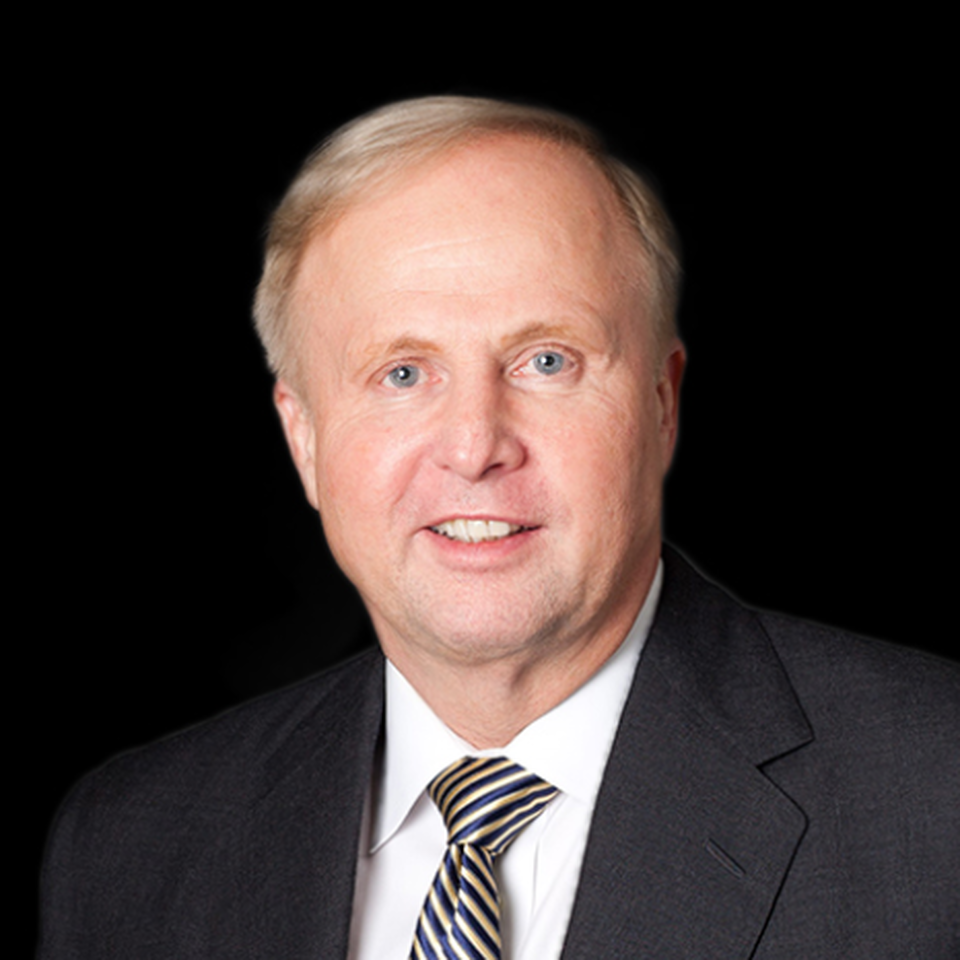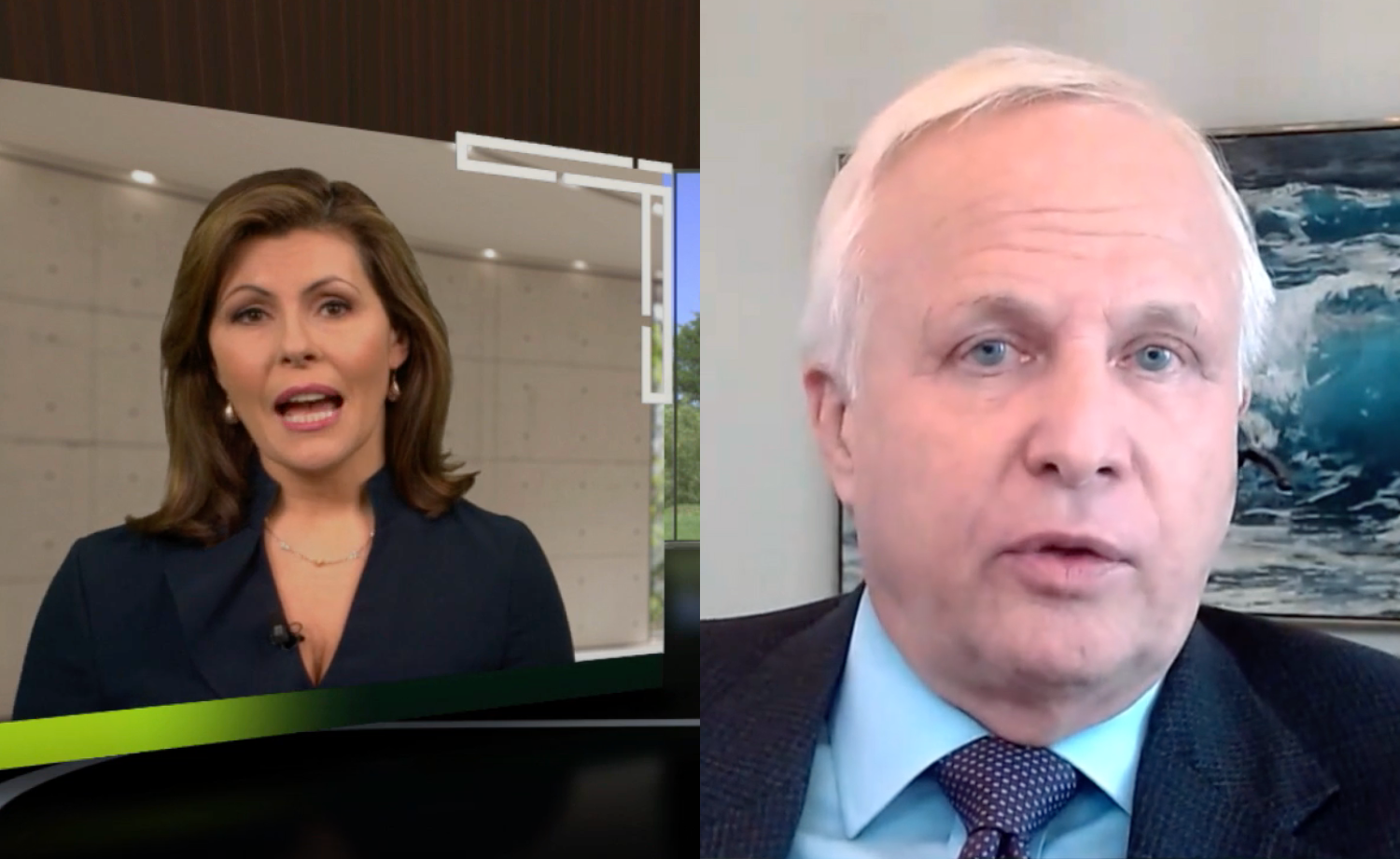A dialogue with Bob Dudley, Chairman of OGCI and former CEO of BP
"It’s not what you say, it’s what you do."
The OGCI’s 12 member companies (BP, Chevron, CNPC, ENI, Equinor, Exxon, Occidental, Petrobras, Repsol, Saudi Aramco, Shell, and Total) account for 30% of global oil and gas production, as well as developing new and cleaner energies.
How hard is it to keep a group cohesive when there are so many different companies that come from different parts of the world who often pursue different strategies?
A common thread that unites all of OGCI’s member companies is their explicit support of the Paris Agreement and its goals and commitment to leading the industry’s response to climate change. “We can’t do everything. You have to focus, and each of them has their own different stakeholders. But within that, collaborating across an industry is really important. And I’m quite proud, actually, of all the CEOs in the companies—for how much time they spend on this, the funding […] and for what we’re doing to set collective targets to reduce carbon emissions.”
The climate challenge is obviously bigger than any one company, but how important do you think it is for the OGCI or other companies to show leadership on this issue?
Mr. Dudley believes collaboration is vital, both within industries and across them, citing examples of OGCI’s own $1B+ impact fund, OGCI Climate Investments, making investments in cement companies and OGCI setting collective targets together to reduce emissions. “Nobody knows how fast this is going to go, but the urgency is there with everybody and nobody knows how fast government policies can change. And of course, recently governments for Europe and the UK and Sweden have all set targets now for net zero by 2050. It looks like the US is heading in that direction as well. So it’s going to take everybody working together on this.”
What impact do you think the Biden administration might have in the future on the work you’re doing?
Mr. Dudley said it’s good to see the US re-engage on the global climate stage, and that it sends a big signal to other countries. “You’re going to have to have companies and investors and society at large make a lot of big changes now. And I think the change in administration in the US just puts a lot more emphasis and urgency on it.”
One of the changes is with the world’s population, itself set to grow, and the demand for energy that will also increase. I guess the question really is about finding the right balance between supply, more energy, but with fewer emissions. How would you start addressing finding that balance?
Mr. Dudley sees no credible scenario for hitting Paris Agreement targets without things like natural gas and CCUS in the short term, and hydrogen in the longer term. He believes new business models and investment are the key puzzles that must be solved to move forward.
Often, the public perception of the oil and gas industry can be negative. So how do you think that can be reversed? How can the industry convince the public that actually they are serious about the climate?
“I don’t think you get there by companies or industry saying, ‘Trust us’. It’s not what you say. It’s what you do. It’s the investments you put into it.” He said there are many industry organizations and alliances besides OGCI that are working on solutions, and that many individual companies are doing a lot too. To the pessimistic view that it’s all “greenwash,” he cited his experience with BP, saying “there are thousands and thousands of people who get up every morning and work at things like biofuels and solar and wind. And it happens in the other companies as well. You can’t tell them it’s greenwash. So, I think we just need to keep taking action, working together, investing—and tell our story a little bit better.”
You stepped down from your role at BP, right when the pandemic was kicking off. What are your perspectives on this past year and what do you think are the main worries for the future?
It’s getting practical government policy, working with industries and companies together to get the outcome that we all want.” He said the pace of that is encouraging, but that the economic growth isn’t yet.
What do you think the long-lasting effect will be on global efforts to fight climate change, positive or negative? Or is it just impossible to tell now?
Mr. Dudley thinks the effect is positive because, even when faced with a pandemic, countries and companies worldwide have stayed focused on climate, making investments. At OGCI, “they’ve all remained committed and we continue to fund and make new investments with our impact funds and set new targets together. So, a tough year, absolutely a tough year, but the mission remains with everyone.” But he said a value on carbon is needed. “It can be an actual price. It can be a tax. 200 years of economic history tell us that without a price on something, it’s very hard to change people’s behaviors.” While it’s working in Europe, and China is setting up six different carbon markets, he said other places need to focus more on it.
In your decades of experience, you’ve had your fair share of crises. What are the lessons that you’ve learned about leadership in a time of crisis?
Mr. Dudley said it’s important to stay calm, be optimistic, and give people hope—for people to know that you’re working on it 24 hours a day, and that there’s a plan, even if it’s not the perfect plan. “And I think you can’t communicate too much. You have to communicate consistently.”



